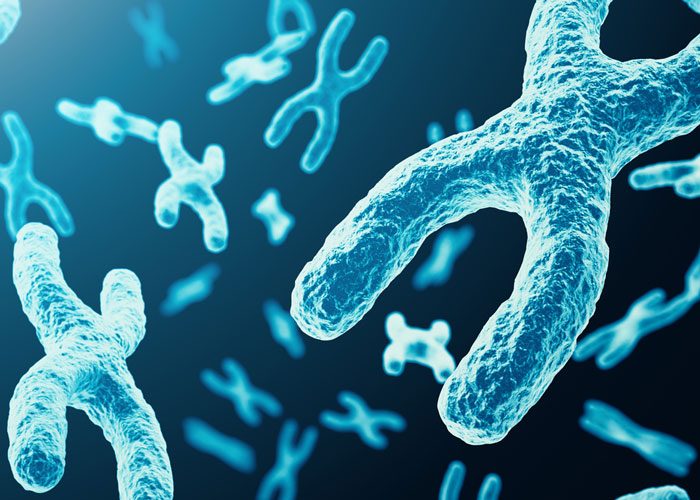Genes can help predict children’s risk of type 1 diabetes
Posted: 4 April 2018 | Drug Target Review | No comments yet
A type 1 diabetes genetic score can identify infants at risk for pre-symptomatic type 1 diabetes…


A type 1 diabetes genetic score can identify infants at risk for pre-symptomatic type 1 diabetes and could be used to enrol children in type 1 diabetes prevention trials, according to a new study.
Around 0.4% of newborns will develop autoimmunity to pancreatic beta cells in childhood and receive a diagnosis of type 1 diabetes before adulthood. In the new study, researchers calculated genetic scores from over 30 genes for more than 3000 children with no family history of type 1 diabetes but with gene variants known to convey type 1 diabetes risk and who participated in the TEDDY prospective cohort study. Each participant was enrolled at infancy, between 2004 and 2010, and followed in 3 to 6 months intervals for 10 years to track any development of islet autoantibodies and subsequent type 1 diabetes.
The upper quartile of genetic scores in the children was associated with a greater than 10 percent risk for the presymptomatic stage of multiple islet autoantibodies by age 6. This compares to a background population risk of 0.4%. Almost half the children in the study who developed pre-symptomatic or symptomatic diabetes were identified by this score.
The finding “greatly extends the possibilities of enrolling participants into clinical trials aimed at evaluating type 1 diabetes prevention strategies that could be applied in infancy and before the development of autoimmunity,” the authors say.
The study has been published in PLOS Medicine by Anette Ziegler of the Helmholtz Zentrum Muenchen, Germany, and colleagues.
Related topics
Genomics
Related conditions
Diabetes
Related organisations
University of Michigan School for Environment and Sustainability
Related people
Anette Ziegler



